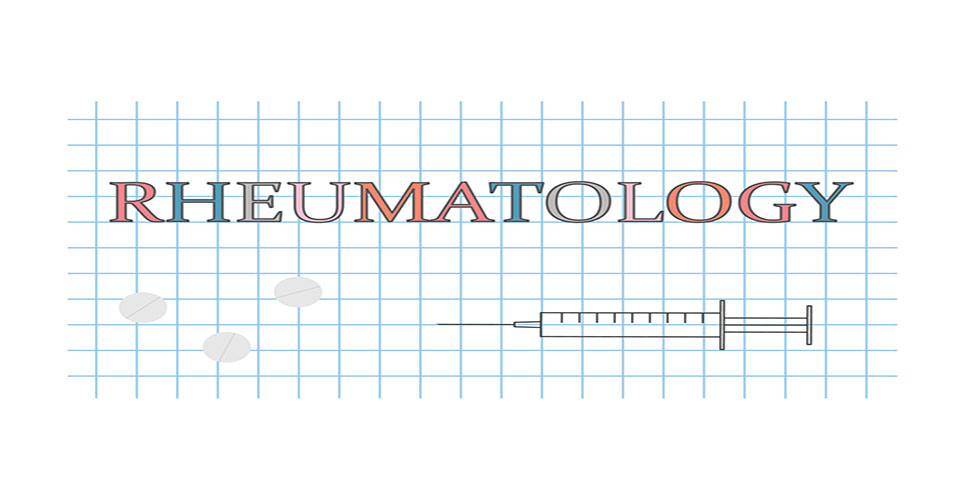teaser
Evidence that glucocorticoids given in addition to standard therapy can significantly reduce the rate of erosion progression in rheumatoid arthritis (RA) is convincing, according to a Cochrane review. However, concerns remain about potential long-term adverse reactions to glucocorticoid therapy.
The Cochrane review evaluated the efficacy of glucocorticoids in inhibiting the progression of radiological damage in RA. A total of 15 studies (n=1,414) were included in the analysis. The majority of trials studied early RA (disease duration up to two years), and the mean cumulative dose of glucocorticoid was 2,300mg prednisone equivalent (range 270mg–5,800mg) over the first year. Glucocorticoids were mostly added to other disease modifying anti-rheumatoid drug (DMARD) treatment.
The main results showed that the standardised mean difference in progression was 0.40 in favour of glucocorticoids (95% CI 0.27–0.54). In studies lasting two years (n=806 patients), the standardised mean difference in progression in favour of glucocorticoids at one year was 0.45 (95% CI 0.24–0.66) and 0.42 at two years (95% CI 0.30–0.55). The beneficial effects of low-dose glucocorticoids was apparent for erosions, joint space narrowing and in the proportion of patients progressing, and were generally achieved when used in conjunction with other DMARD treatment.

